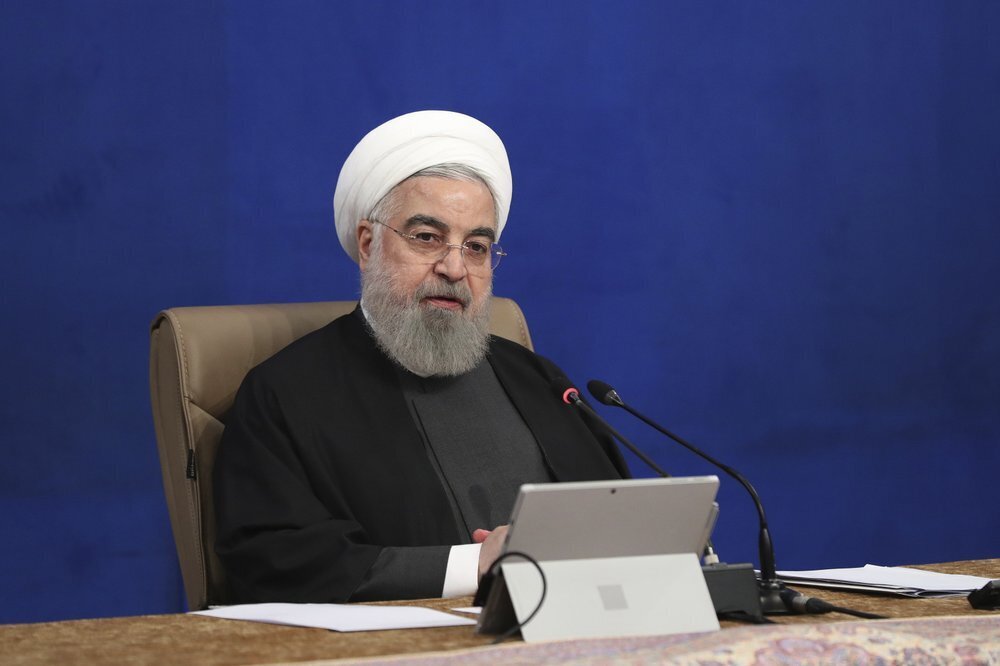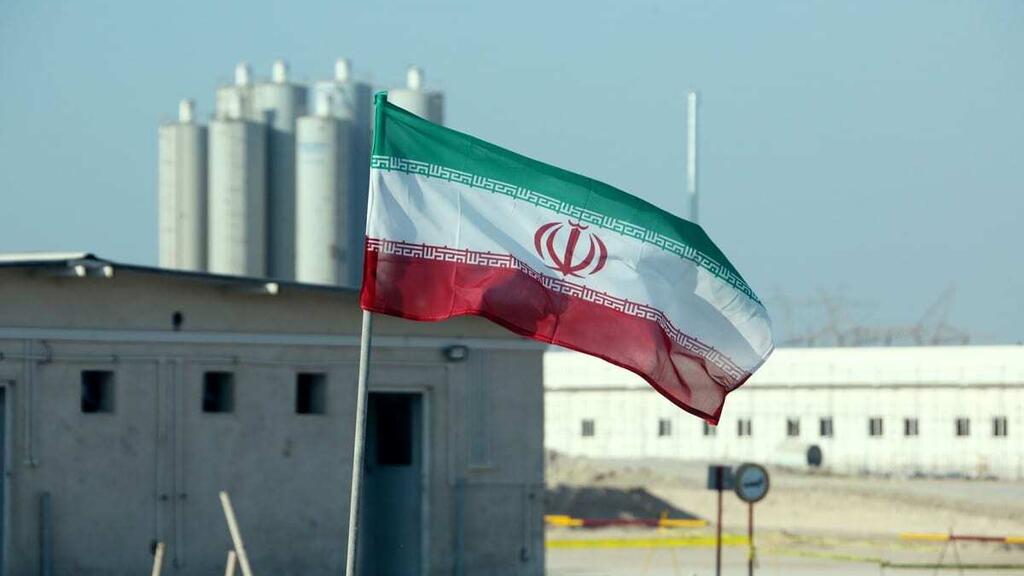Iran said on Wednesday it could enrich uranium up to 90% purity - weapons-grade - if its nuclear reactors needed it, but added it still sought the revival of a 2015 deal that would limit its atomic activities in return for a lifting of sanctions.
"Iran's Atomic Energy Organization can enrich uranium by 20% and 60% and if one day our reactor needs it, it can enrich uranium to 90% purity," outgoing-President Hassan Rouhani told a cabinet meeting, the semi-official Mehr news agency reported.
The nuclear deal caps the fissile purity to which Tehran can refine uranium at 3.67%, well under the 20% achieved before the agreement and far below the 90% suitable for a nuclear weapon. Iran has long denied any intention of developing nuclear weapons.
Iran has been breaching the deal in several ways after the United States withdrew from the agreement in 2018, including by producing 20% and 60% enriched uranium.
Rouhani, who will hand over the presidency to hardline cleric Ebrahim Raisi on Aug. 5, implicitly criticized Iran's top decision-makers for "not allowing" his government to revive the nuclear deal during its term in office.
"They took away the opportunity to reach an agreement from this government. We are sorry to miss this opportunity," the state news agency IRNA quoted Rouhani as saying.
2 View gallery


Outgoing-President Hassan Rouhani speaks in a cabinet meeting in Tehran, Iran
(Photo: AP)
Iran's Supreme Leader Ayatollah Ali Khamenei, not the president, has the last say on all state matters such as nuclear policy.
Like Khamenei, Raisi has backed indirect talks between Tehran and Washington, which started on April 9 in Vienna aimed at bringing back the arch-foes into full compliance with the accord. Washington quit the deal three years ago, saying it was biased in favor of Iran, and reimposed crippling sanctions on Iran.
The talks in Vienna adjourned on June 20 and no date has been set yet for the next round of the negotiations. Iranian and Western officials have said that significant gaps still remain to be resolved.


